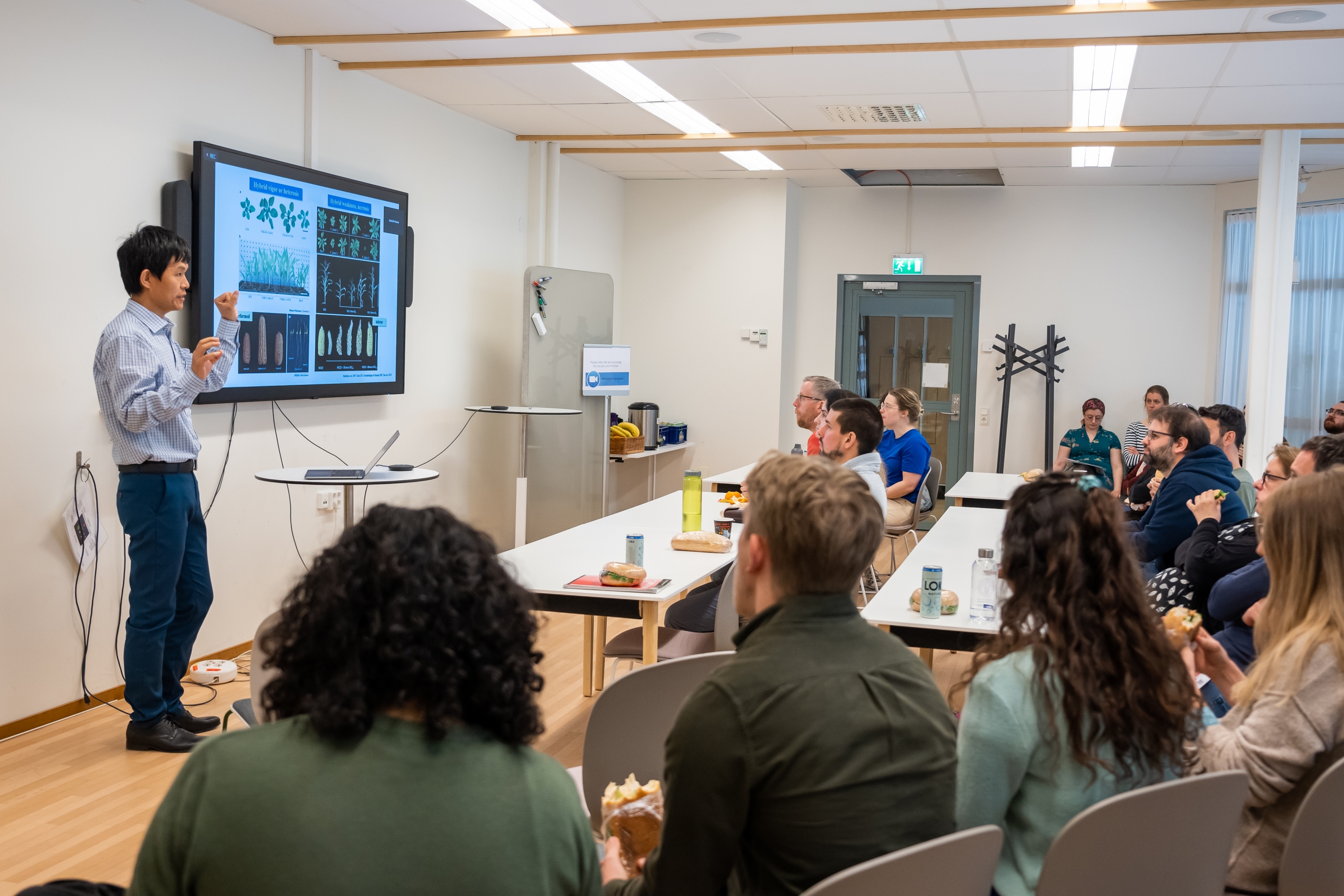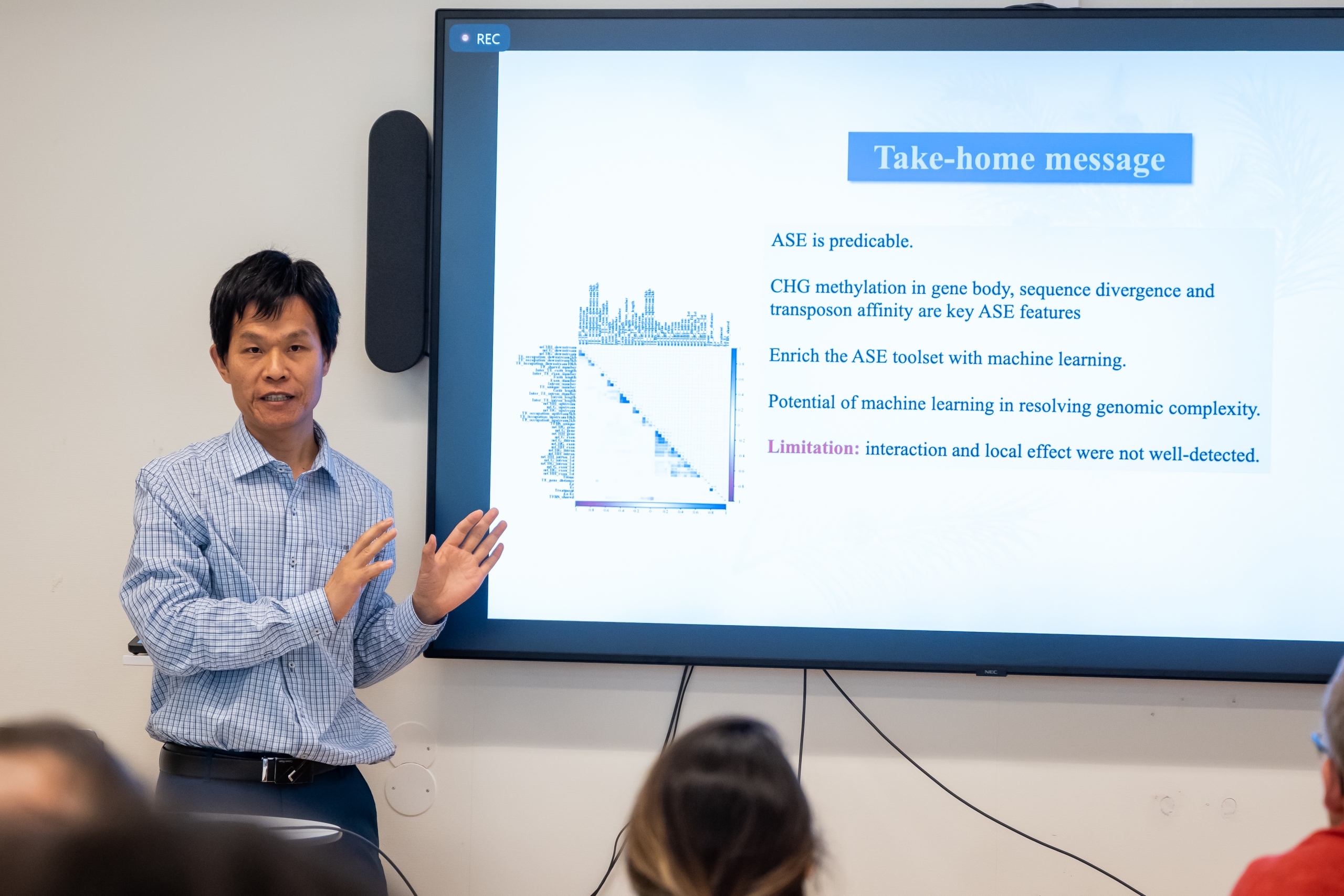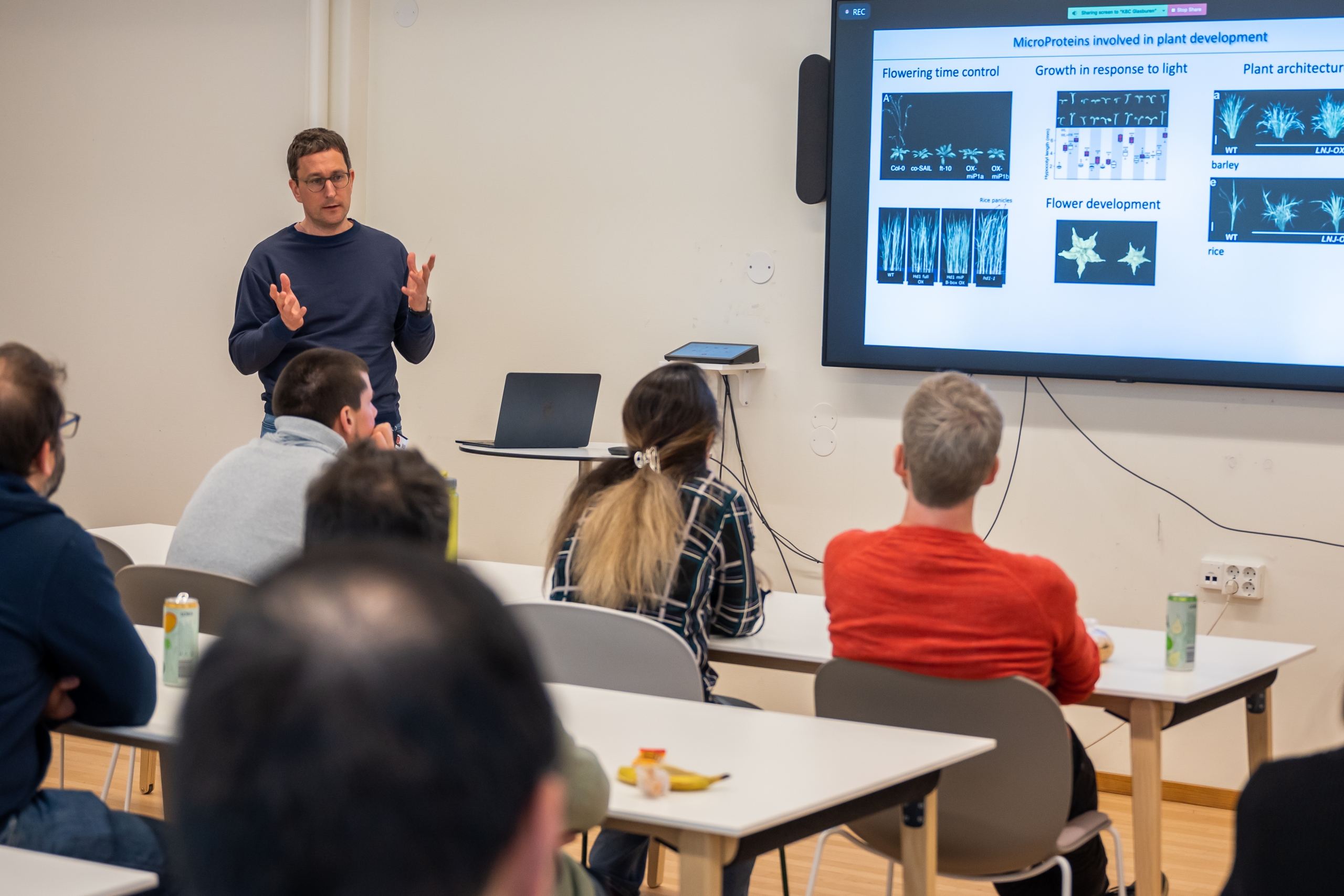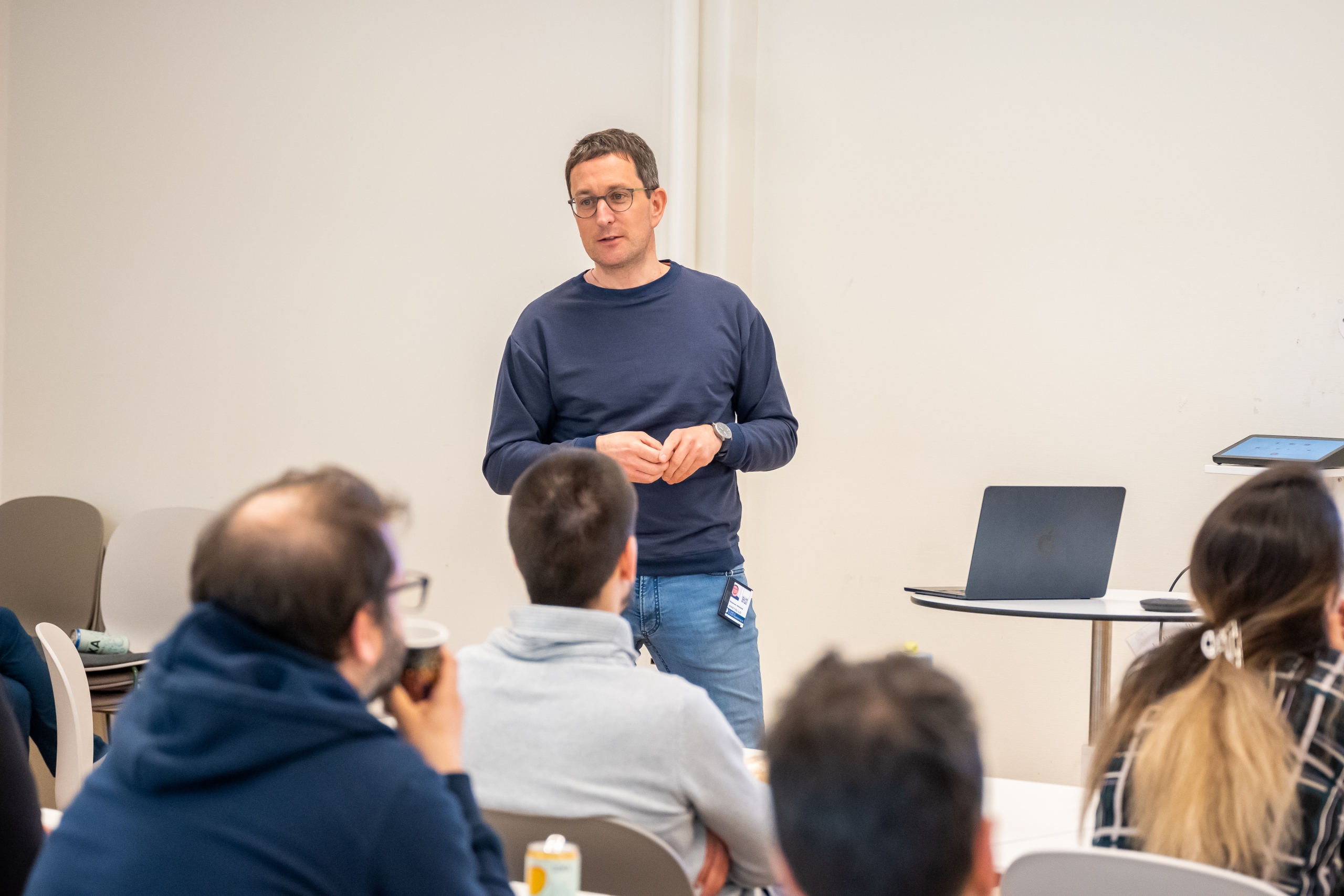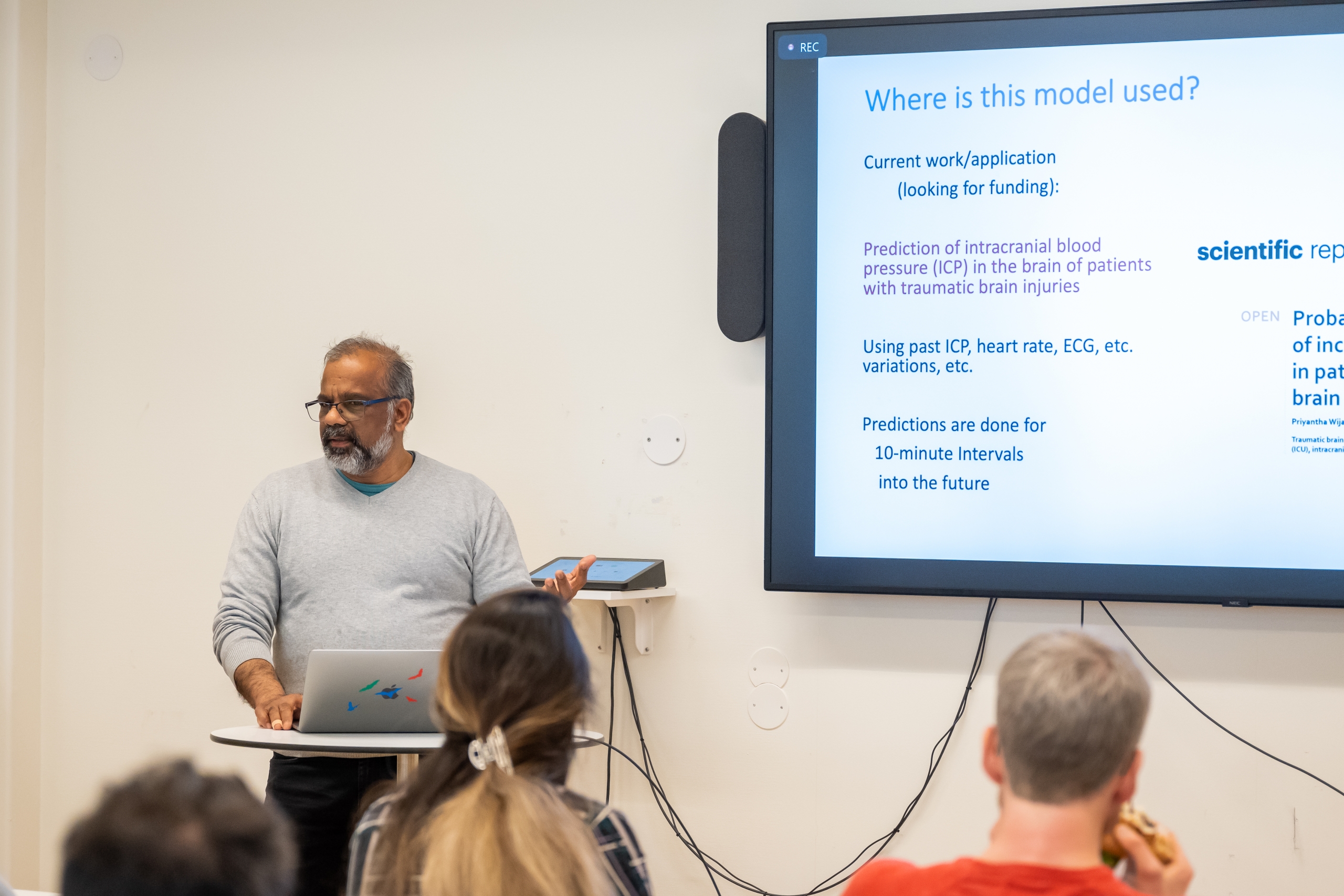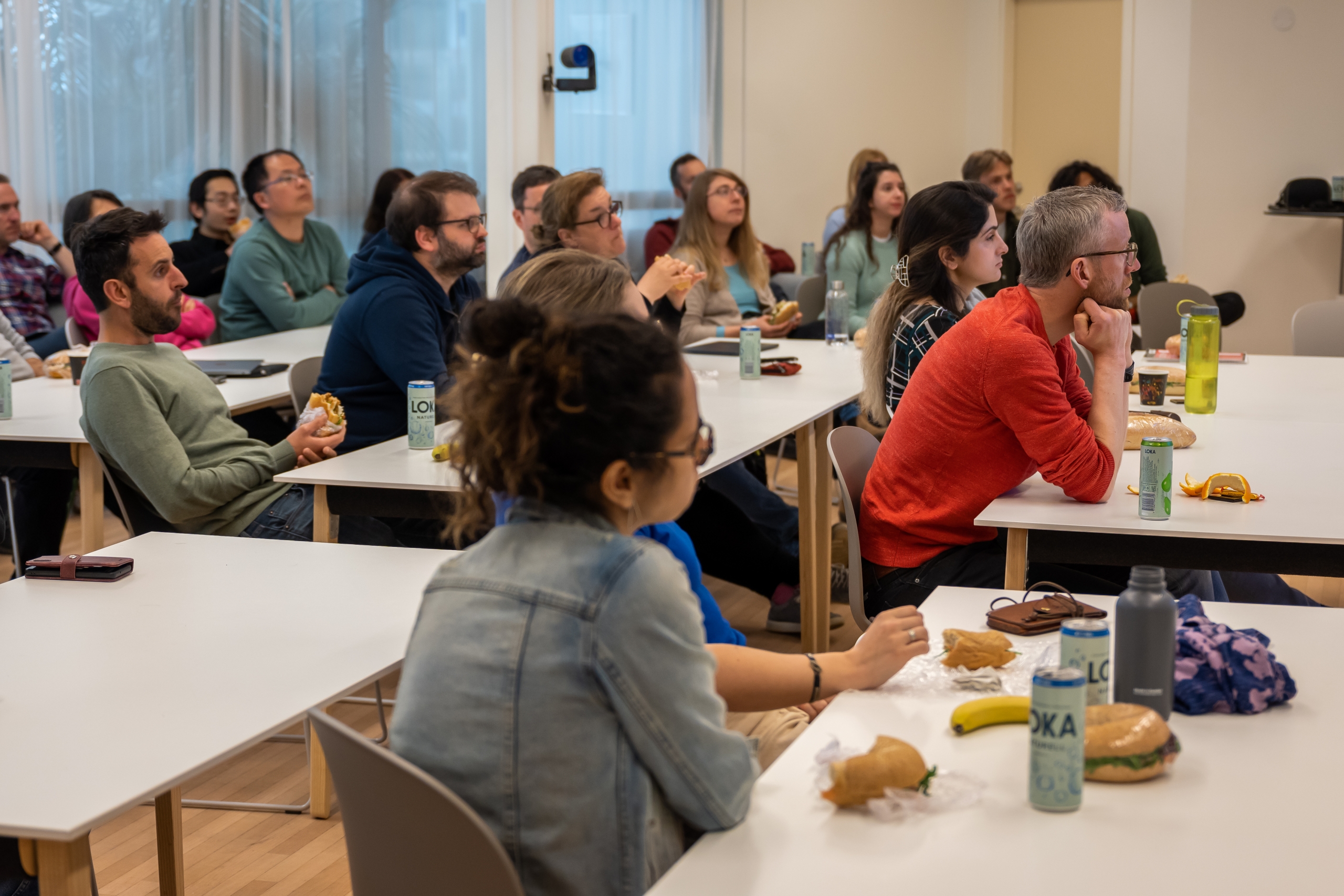Pitch 1: Jian-Feng Mao: Predicting allele-specific gene expression (ASE) in poplar
Associate Professor, Department of Plant Physiology, Umeå Plant Science Centre, Umea University
Allele-specific expression (ASE) refers to the preferential expression of an allelic gene from one particular parent in a hybrid. ASE has been widely observed in humans, animals, and plants, e.g. rice, maize, barley and apple, and is believed to be a key component underpinning heterosis which is extensively exploited in animal and plant breeding. Unfortunately, the specific mechanisms regulating ASE are not known. By generating T2T (telomere-to-telomere) gapless and haplotype-resolved genome assembly and multi-layer genomic features, we predict the ASE in poplar with high accuracy, and target the key associated features, such as CHG methylation in gene body, sequence divergence and transposon affinity etc. with machine learning. This study enriched the ASE toolset and advanced its genomic insights, and demonstrated the potential of machine learning in resolving genomic complexity.
Interested in: resolving the complexity reflected in plant genomes
Pitch 2: Stephan Wenkel: MicroProteins – tiny proteins with huge impact
Professor, Department of Plant Physiology, Umeå Plant Science Centre, Umea University
Open reading frames encoding proteins with less than 100 amino acids have long been considered artefacts and excluded from genome annotation. Today, we know that small proteins are often of great importance in the regulation of biological processes. Our group studies the function of evolutionarily conserved microProteins and their role in regulating developmental processes using a protein-centric approach. New genome engineering tools allow us to delete microProteins from the plant genome or to generate them de novo. Furthermore, microProteins can be used as dominant regulators of biotechnologically important processes.
Interested in: As a new professor at UPSC since 2023, Stephan is interested in introducing himself and his research and getting to know other researchers at Umeå University.
Pitch 3: Priyantha Wijayatunga: Presenting two tools
Associate professor at Umeå School of Business, Economics and Statistics (USBE).
Priyantha presented the following two tools:
1) Measuring accurately statistical dependence (applications can be genetics, e.g., gene transcript levels that vary periodically with the cell cycle, or protein interaction modelling, etc. )
2) A new model for prediction of state of a system based on past multi-model variations, e.g., prediction of the clinical state of a patient based on past ECG, heart rate, pressure, etc. variations
He is also interested in open problems and questions to help out with.
Interested in: Finding a collaborator for the IceLab multidisciplinary postdoctoral project call.

